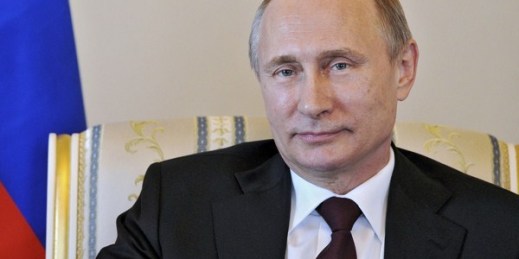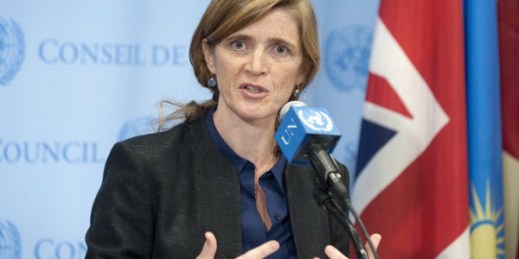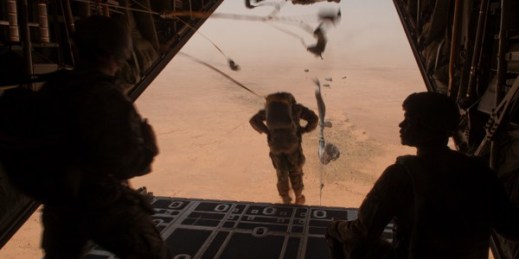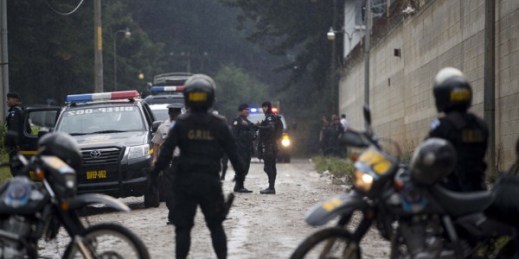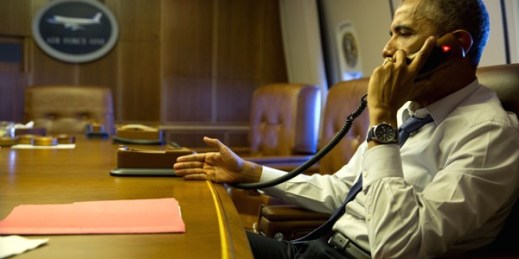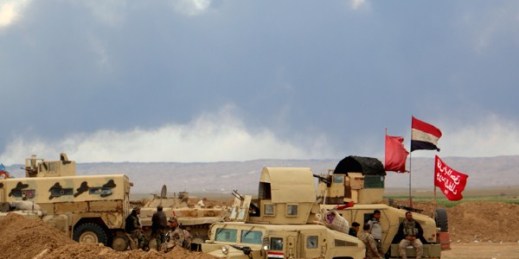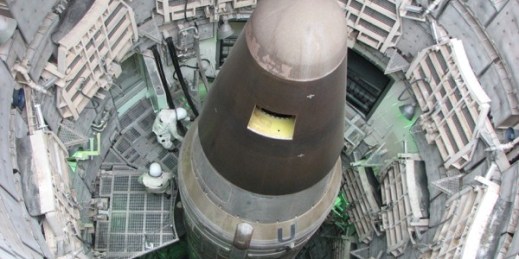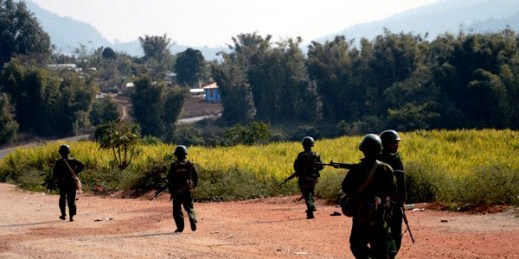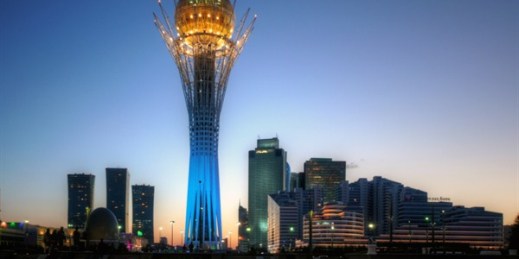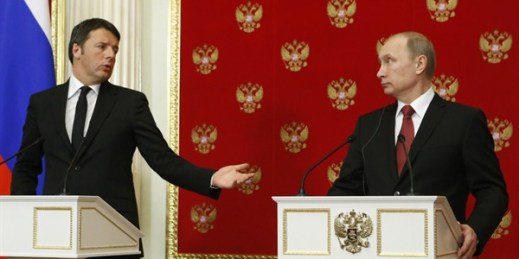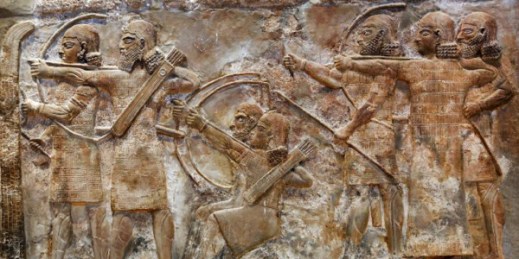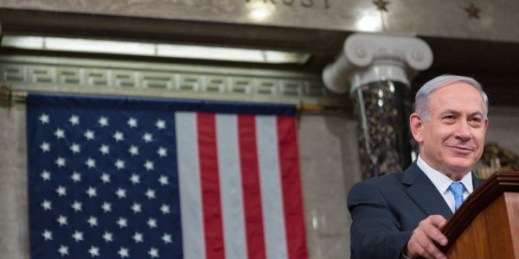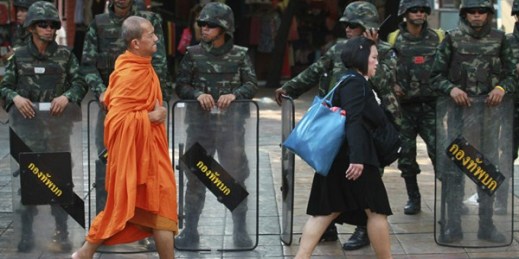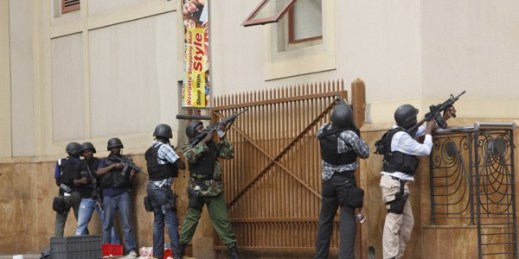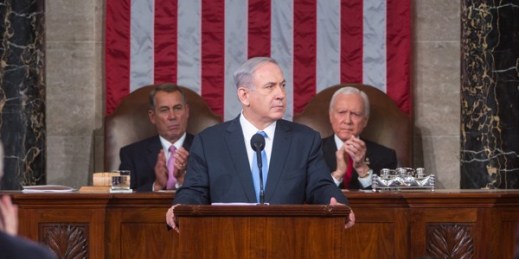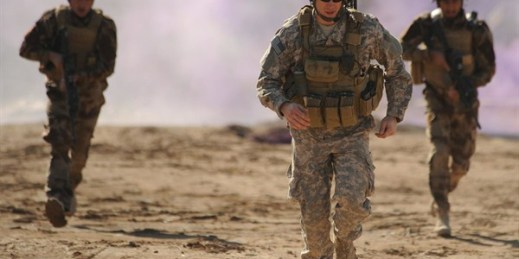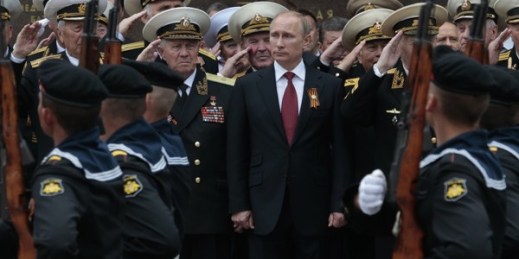
On March 10, at a regular session of the Joint Consultative Group of the Conventional Forces in Europe (CFE) Treaty, the Russian delegation declared that Moscow was suspending its further participation in the group’s meetings. With the declaration, Russia completed its de facto withdrawal from the most comprehensive conventional arms control treaty in history—one that took decades to negotiate and was a symbol of the end of the Cold War. But the effects of that withdrawal are mostly symbolic, since the treaty has been doubly overtaken by events: The Cold War is long over, and Russia already stopped complying with […]

